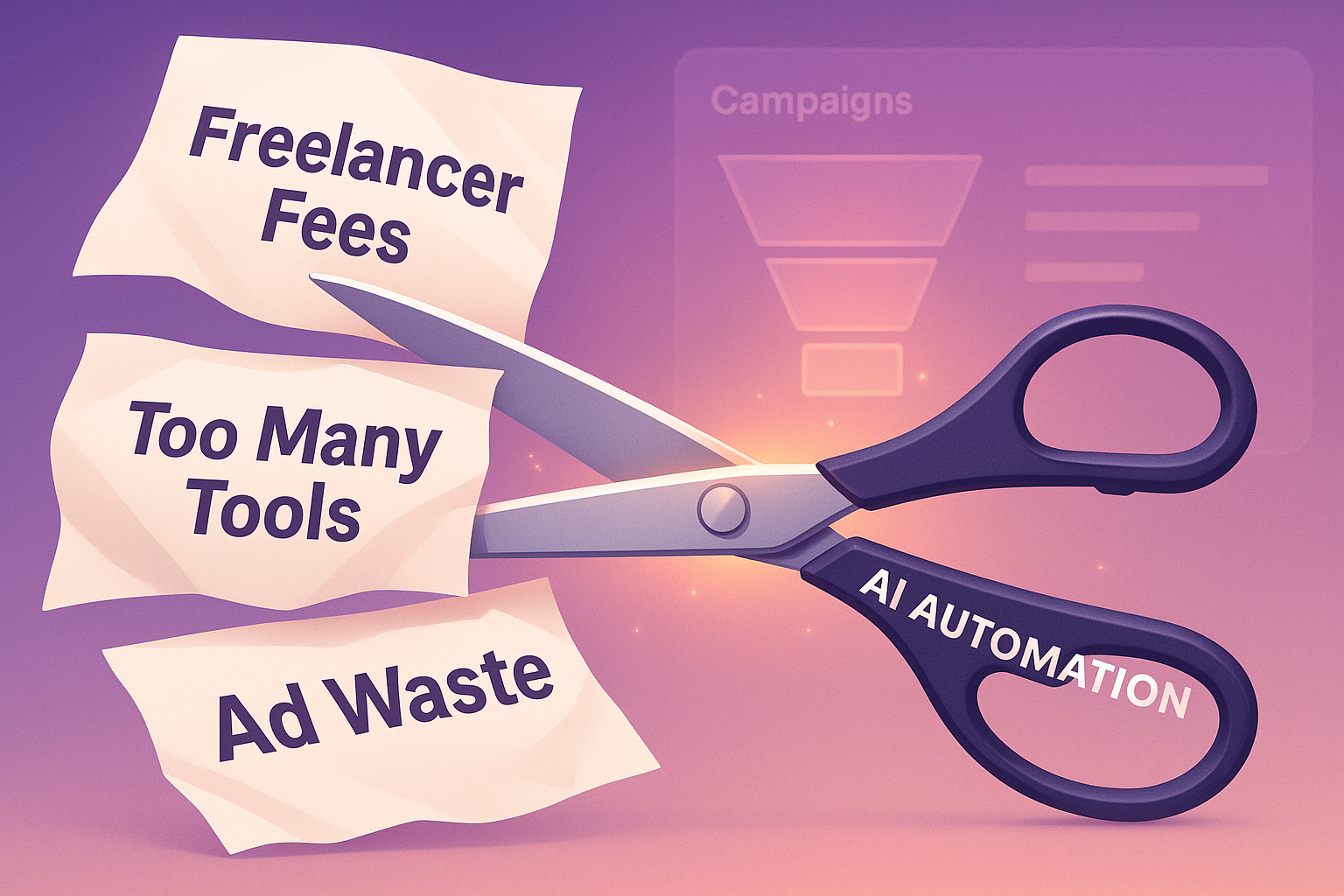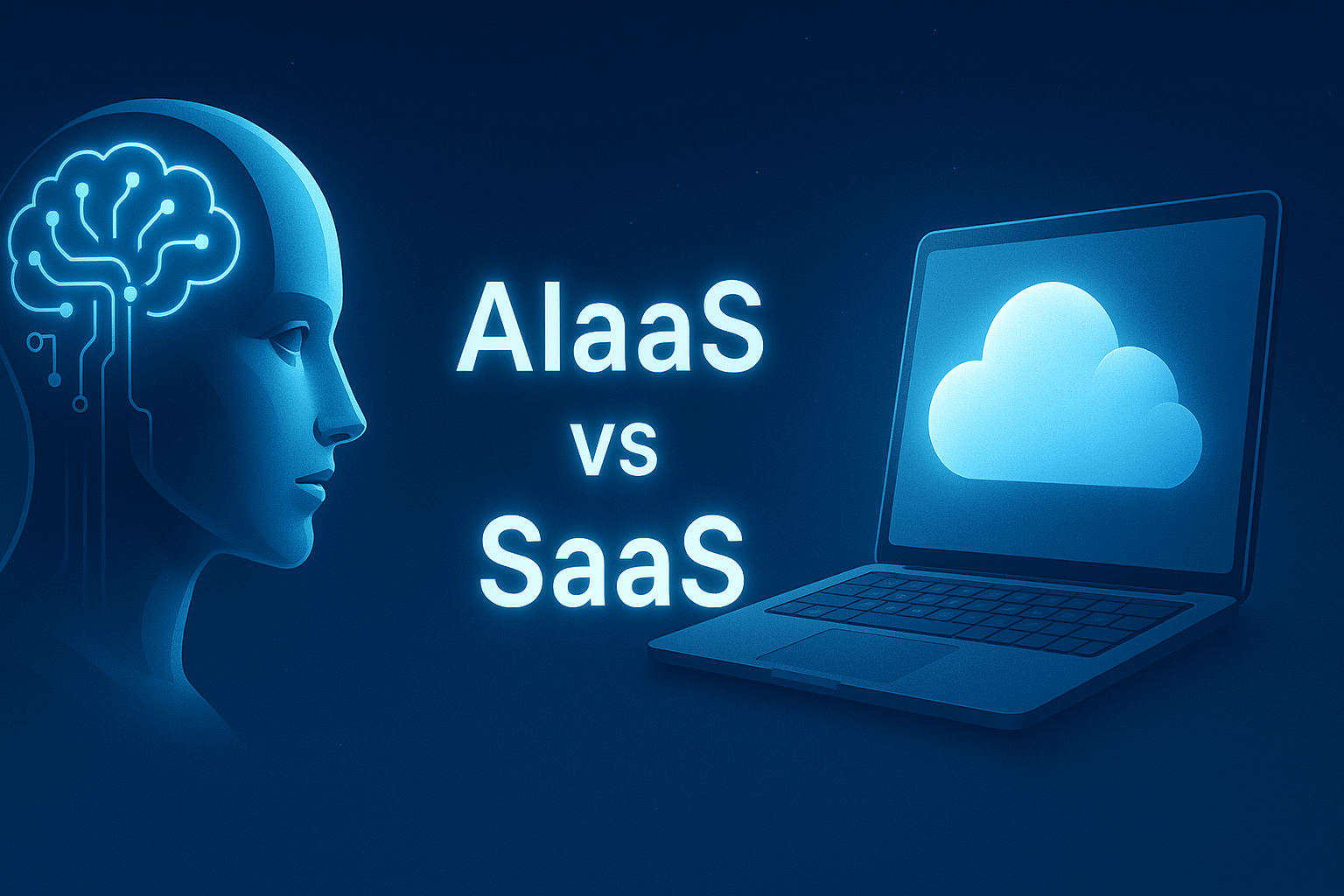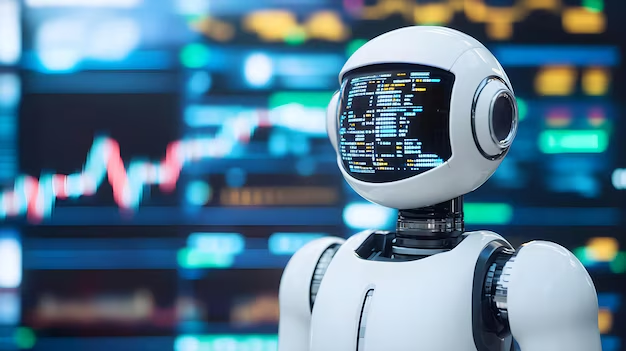How to Cut Marketing Costs & Still Succeed: A Smart Guide for Budget-Conscious Business Owners
Running a business is expensive. And when you’re just starting out or funds are tight, marketing often feels like the first thing to trim. But here’s the truth: you don’t always need a big budget to get big results. In fact, learning how to cut marketing costs strategically might just be the smartest thing you do for your business this year.
In this guide, we’ll break down high-impact, low-cost strategies that help you stretch your marketing dollars without sacrificing success. From AI-powered tools to lean content systems, you’ll learn how to turn constraint into a competitive advantage.
Why Cutting Marketing Costs Doesn’t Mean Settling for Less
Let’s get one thing straight: cutting marketing costs isn’t about doing less marketing—it’s about doing smarter marketing.
According to Deloitte’s 2024 Global Marketing Trends Report, over 63% of high-growth brands are now prioritizing efficiency and automation in their marketing stack. They’re not spending less to fail—they’re spending better to win.
And that’s where things like AI, automation, and strategic outsourcing come in. With the right tools (like EchoMarketer 👋), even a one-person team can launch campaigns, optimize SEO, plan content, and engage across multiple channels like a full-fledged department.
Instead of feeling daunted by its rise and impending changes, it’s essential to understand how AI tools can work in tandem with humans.
The Top Areas Where Solo-Founders & Businesses Waste Marketing Budgets
Before we get into solutions, let’s talk about where most businesses leak money. Here are the usual suspects:
-
Overpriced freelancers or agencies for basic tasks
-
Bloated marketing software stacks with overlapping tools
-
Random, one-off ad spend without a clear funnel or plan
-
Manual tasks like reporting, scheduling, or keyword research
-
Content without a clear strategy or repurposing plan
Sound familiar? The goal isn’t to stop doing these things—it’s to stop doing them inefficiently.
Use AI to Cut Marketing Costs and Boost Efficiency
Artificial Intelligence is no longer optional. It’s the ultimate cost-saver and force multiplier for lean teams. In fact, AI can reduce marketing costs by up to 40% while increasing campaign ROI.
Enter: EchoMarketer

EchoMarketer is an AI-powered teammate that helps you plan, write, optimize, and publish content across SEO, social media, PR, and more. Instead of hiring a content strategist, copywriter, SEO analyst, and social media manager when fund are low or you’re just starting out—you get one intelligent system that handles it all.
Whether you’re a CMO at a fast-scaling startup or a solo founder wearing all the hats, EchoMarketer helps you cut marketing costs by:
-
Replacing 4-5 tools with one
-
Automating high-quality, human-sounding, and optimised content generation and publishing
-
Learning your brand voice, knowledge base, and goals to tailor messaging
-
Recommending strategy improvements in real-time
Build a Lean, High-Impact Marketing Stack
Most startups use 10+ tools for marketing. But research from Gartner shows that 58% of marketers say they’re underutilizing their existing martech stack.
Here’s how to build a minimalist system that saves money and gets more done:
| Category | Budget-Friendly Tools |
|---|---|
| Content & SEO | EchoMarketer AI |
| Social Scheduling | Buffer, Publer, or EchoMarketer again |
| Email Marketing | MailerLite, Gomailer, EchoMarketer once again |
| Analytics | Google Analytics, Fathom |
| Forms & Lead Gen | Tally, Typeform, ConvertKit Forms |
The trick isn’t just picking cheap tools—it’s picking tools that do more than one job.
Repurpose and Recycle Your Content Like a Pro
Creating content from scratch every time is expensive. You don’t need new ideas—you need more mileage from existing ones.
Here’s how to cut marketing costs through strategic repurposing:
-
Turn a blog post into a Twitter thread, LinkedIn post, and Instagram carousel
-
Convert webinars into blog content and short video clips
-
Use EchoMarketer to generate SEO-friendly rewrites of old content
-
Create email newsletters from your best-performing blog posts
Automate the Small Stuff That Wastes Your Time
Manual work doesn’t just waste money—it drains your energy and creativity. Marketing automation can lead to a 14.5% increase in sales productivity and 12.2% reduction in marketing overhead. Start automating repetitive tasks like:
-
Scheduling social media posts
-
Sending email sequences
-
SEO audits and keyword clustering
-
Performance reporting
Let EchoMarketer AI Agents help you do these natively through its built-in automation flows.
Focus on Strategy, Not Just Execution
It’s tempting to focus only on execution when you’re trying to cut marketing costs. But without strategy, you’re just staying busy—not getting results.
Great marketing strategy doesn’t cost more—it saves you from wasting money on the wrong things.
Ask yourself:
-
Are we targeting the right customer segment?
-
Are our channels aligned with where our audience spends time?
-
Are we tracking the right KPIs?
EchoMarketer AI helps here too. It’s AI Agents don’t just generate content like an LLM would—it figures out the best strategies and content for your business, based your company profile, location, target audiences, products/services, etc.
Outsource Strategically (Not Randomly)
Freelancers can be amazing—if you’re hiring them for the right reasons. But don’t bring someone in to write five blog posts when EchoMarketer can do the same faster, cheaper, and aligned with your voice.
Instead, consider hiring for:
-
Brand design or identity
-
High-level campaign strategy
-
Community management
-
PR outreach
Let tech handle the grunt work. Save your freelance budget for high-impact creative or strategic roles.
Real-Life Example: How One Startup Cut 70% of Their Marketing Spend
One early EchoMarketer AI user, a bootstrapped Fintech founder, was spending over $3,000 on ads and tools. Within 3 months of switching to EchoMarketer AI for SEO, they:
-
Increased organic lead generation by 370%
- Started ranking for over 14 high-value keywords in 5 counties
-
Saved $2,100/month
-
Landed customers with a revenue surpassing $35,000
- Reduced their tool stack from 5 tools to 1
-
Increased content output by 3x
-
Grew organic traffic by 47% in just 60 days
This isn’t magic. It’s what happens when strategy meets smart automation.
The Future of Cost-Efficient Marketing Is AI-Powered
The most successful companies in the next 5 years will be those who learn to scale leanly. That means building smarter systems—not bigger budgets.
EchoMarketer AI is built exactly for that future. It’s not just a tool—it’s your AI marketing teammate. From content strategy to execution, it helps you scale your efforts without scaling your spend.
Ready to cut marketing costs and grow smarter? Join the waitlist today.
You don’t need deep pockets to build a powerful brand. You need clarity, systems, and the courage to embrace new tools like AI.






















